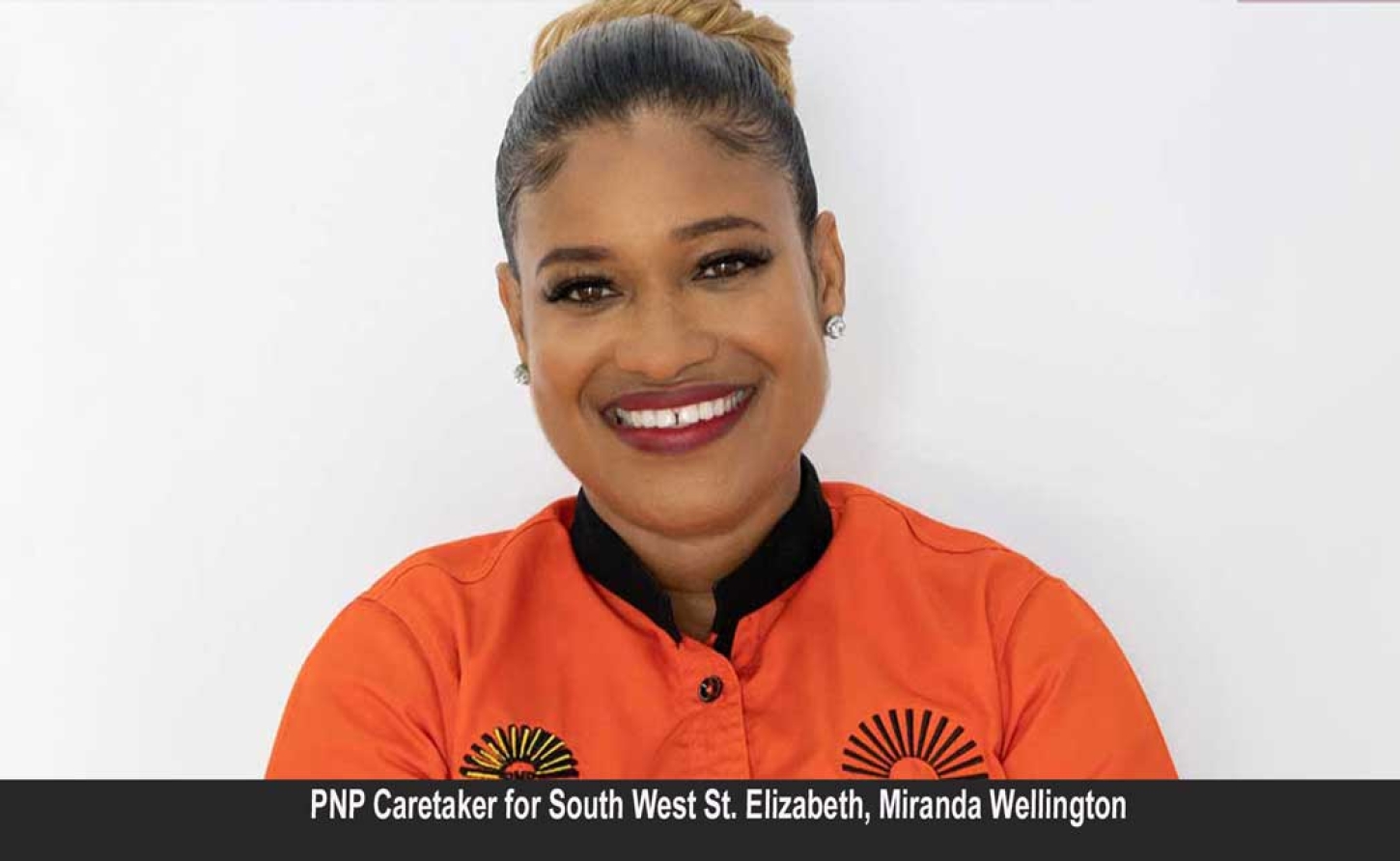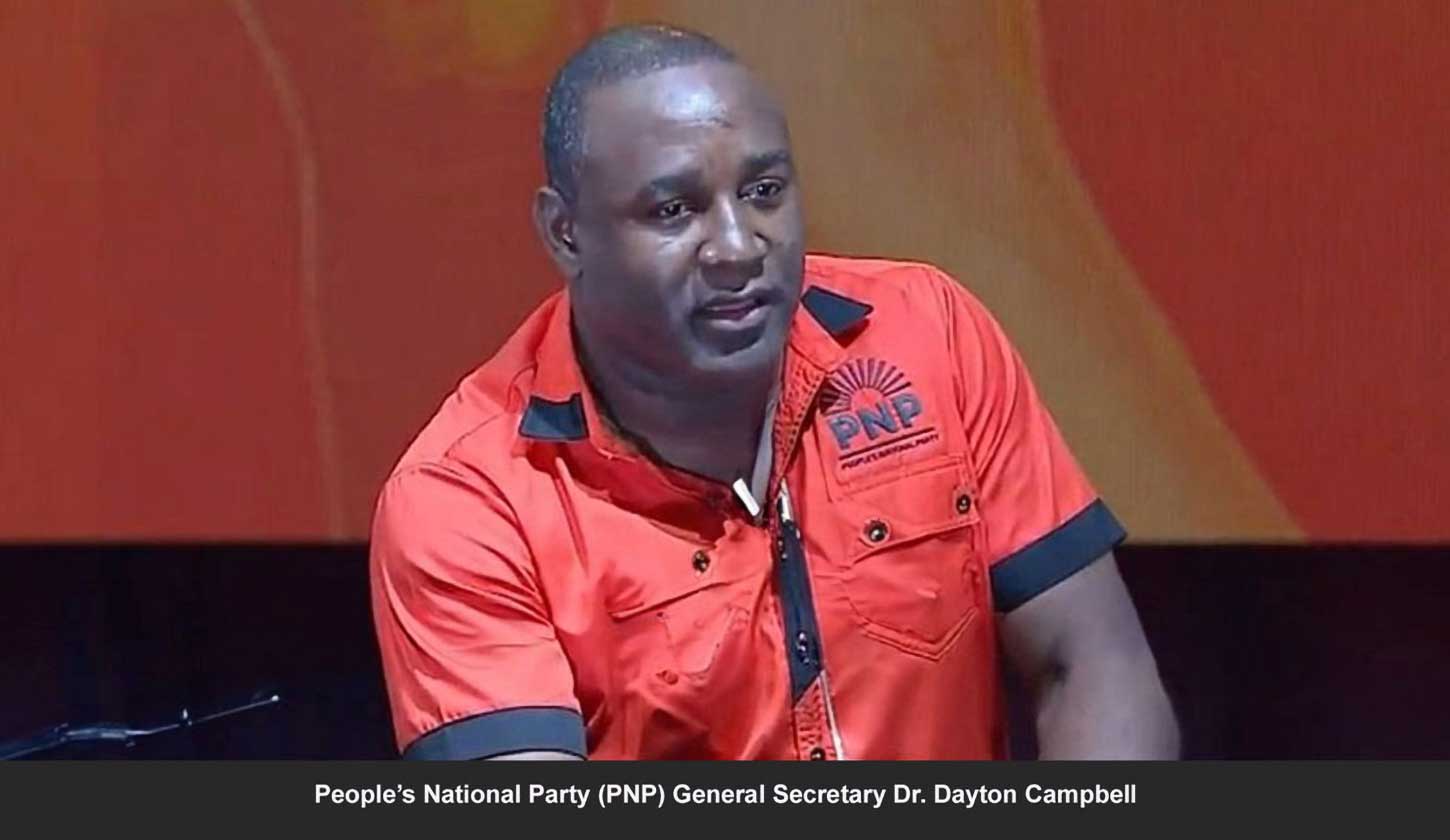JAMAICA | War of Words: PNP Rallies Behind Wellington as Political Rhetoric Sparks Island-Wide Controversy

MONTEGO BAY, Jamaica, July 9, 2025 - When Miranda Wellington declared "if a war, a war" at a recent PNP meeting, she unwittingly ignited a political firestorm that has exposed Jamaica's uncomfortable relationship with gendered violence and the weaponization of women's words in political discourse.
The South West St. Elizabeth candidate's battle cry to constituents has become the latest flashpoint in Jamaica's increasingly hostile political landscape, with the ruling Jamaica Labour Party demanding an apology while the Opposition PNP circles the wagons, defending Wellington against what it calls "a coordinated smear campaign by the Jamaica Labour Party aimed at silencing outspoken female candidates through distortion, intimidation, and political hostility."
Wellington's fiery rhetoric—delivered at a Frome divisional conference in Westmoreland—has drawn sharp condemnation from JLP Senator Marlon Morgan, who branded her remarks as "vile" and "reckless," demanding she apologize to her political opponent Floyd Green and "the country as a whole."
The criticism comes loaded with historical weight, given Jamaica's blood-soaked political past, where by the 1980 election alone, 844 people were murdered in political violence preceding the vote.
Yet the PNP's response reveals a deeper calculus at play. General Secretary Dr. Dayton Campbell has turned the controversy into a broader indictment of what he describes as systematic targeting of female candidates, arguing that Wellington's words were metaphorical expressions of political resolve rather than literal threats.

The timing of this controversy is hardly coincidental. Wellington, an educator-turned-politician who chairs the PNP organization in her constituency, represents the new generation of female political aspirants in a country where women held just 27.4 percent of lower house seats as of December 2023.
Her ascent from teenager recruited by the late Donald Buchanan to potential parliamentarian embodies the slow march toward gender parity in Jamaican politics.
Campbell's counterattack has been surgical, painting the JLP as hypocritical while citing a litany of provocative rhetoric from its own ranks, including "Daryl Vaz's repeated throat-slitting gestures on political platforms" and "Everald Warmington's long history of verbal abuse."
The strategy is clear: if Wellington's war metaphors warrant condemnation, what of the JLP's own inflammatory history?
This calculated deflection masks a more troubling reality about women's participation in Jamaica's political arena. Wellington herself was forced to issue a clarification on social media, stating "I do not support political violence!" amid the backlash—a retreat that underscores the precarious position of female candidates who dare speak with passion in a political culture still dominated by masculine aggression.
The controversy has also exposed the limitations of Jamaica's political accountability mechanisms. Campbell's criticism of the Office of the Political Ombudsman as "neutered" reflects broader frustrations with institutions designed to moderate political discourse.
In a democracy where powerful criminal organizations can influence voters through intimidation tactics, the focus on Wellington's rhetorical flourishes appears misplaced.
More significantly, the episode highlights how quickly women's political speech becomes pathologized. While war metaphors pepper political discourse globally—from wars on poverty to battles for hearts and minds—Wellington's usage has been treated as uniquely dangerous.
This double standard reinforces what researchers identify as gendered barriers that limit women's full participation in democratic processes.
The PNP's decision to implement additional security protocols for its female candidates suggests the party recognizes the heightened threats facing women in politics. Yet by framing Wellington as a victim rather than an empowered political actor, the defense inadvertently reinforces paternalistic narratives about women's fragility in the political arena.
As Jamaica's political maturation continues—the country has achieved significant gains in electoral reform over the last 30 years and stands "as a model for many countries internationally"—the Wellington controversy serves as a reminder that the island's democratic evolution remains incomplete.
True political maturity will be measured not by the absence of passionate rhetoric, but by the equal treatment of those who deploy it, regardless of gender.
For now, Wellington's war cry echoes across an island still learning to balance its democratic aspirations with its turbulent political inheritance—a small woman's large words reverberating through a political system still grappling with its own contradictions.
-30-
